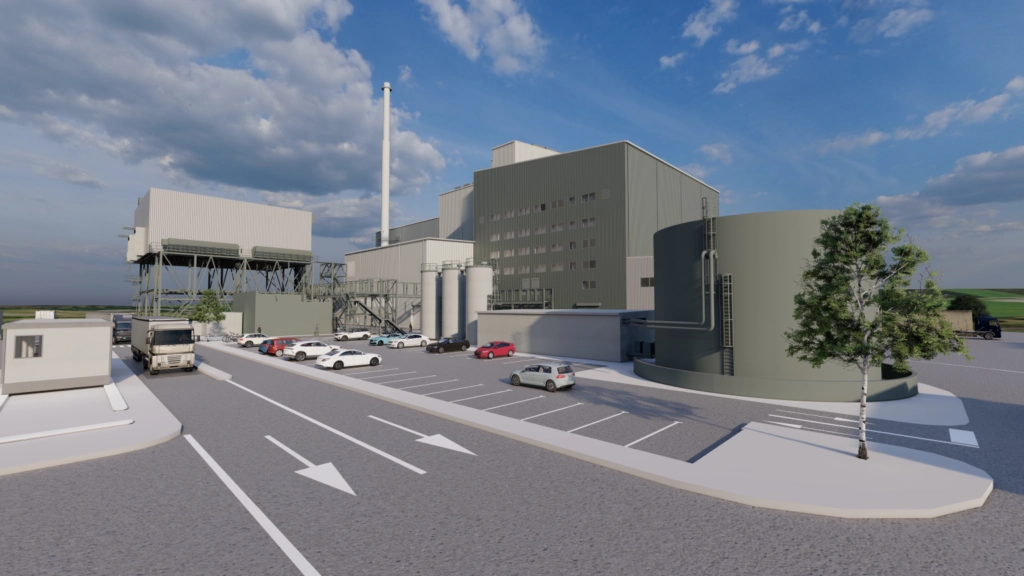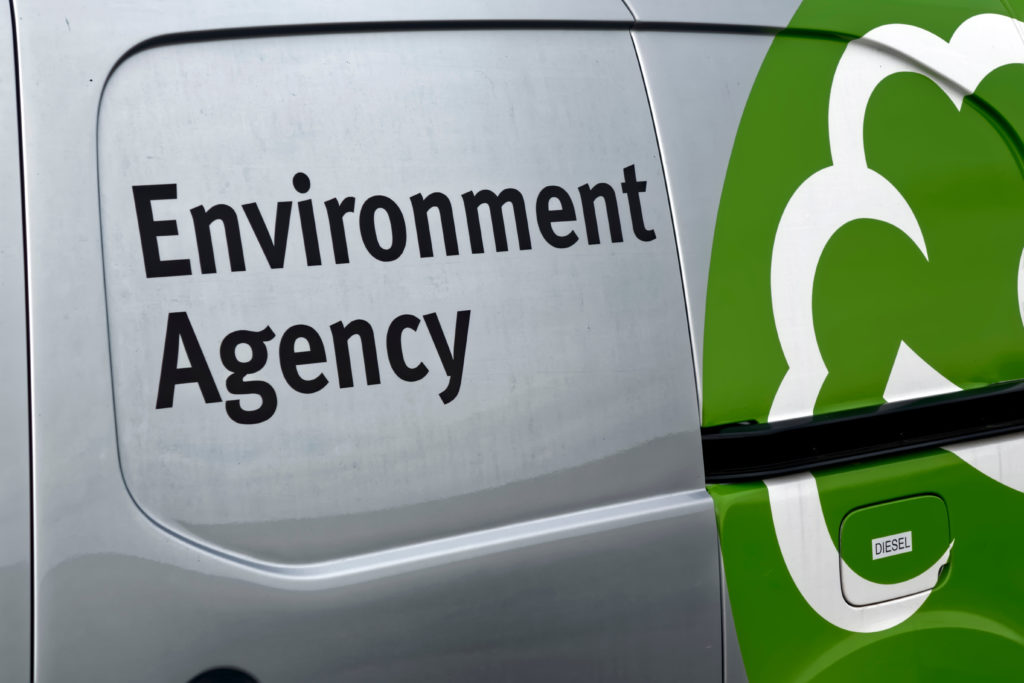And, a further £10.7 million has been set aside to provide heat from a “forthcoming plant” in East Devon, understood to be the 87,000 tonnes per year Hill Barton Business Park, Energy Recovery Facility near Exeter, operated by Exeter Waste to Energy Ltd.
The funding from the government’s heat networks investment project (HNIP) was announced yesterday (16 May).
It means more than £250 million of funding has been awarded to heat network schemes under the HNIP since it opened its doors to applicants in 2018.
Veolia
Veolia’s SELCHP combined heat and power plant in Southwark already has a heat network with local businesses, but the funds will go towards building one in a “new area of Southwark”.
This will involve supplying heating and hot water to several existing estates and schools that currently depend on gas boilers and “supporting the future growth to a new regeneration area” aimed to accommodate 20,000 new homes over the next 15 years.
The project is subject to further agreement with SELCHP (South East London Combined Heat and Power) Ltd, the existing EfW energy centre, and will involve some modifications to improve efficiencies and enable further heat extraction and the construction of a new 6km district heat network.
‘Immediate reductions’
The proposed network will provide “immediate and long-term carbon reductions to these developments compared to current while providing good value to residents and businesses,” HNIP said, and the network is expected to deliver on average 11,100 tonnes of carbon savings each year.
Gavin Graveson, Veolia Northern Europe Zone director, said: “Decarbonisation of the domestic heat supply is a key area where the UK can advance progress towards the net-zero carbon goal by increasing the adoption of heat networks.

“The proposed expansion of the existing Energy Recovery Facility (ERF) derived heat network, to a further eleven estates across the London Borough of Southwark, has now been made possible with support from BEIS and Triple Point Heat Networks.
“This significant new heat network project will deliver low carbon affordable heat to over 3,000 Southwark homes, local schools, and enable commercially viable connections to future private and commercial customers.”
Net Zero
The move was also backed by local councillor, Helen Dennis, cabinet member for the climate emergency and sustainable development, who said: “Seventy-nine percent of emissions in Southwark are from buildings, so to achieve our ambition of being net-zero by 2030, it’s crucial that we take steps to green all of our homes and buildings and support the shift away from gas.
“We are delighted to see this significant project move forward to do just that on eleven of our estates and at five of our schools in the Old Kent Road and North Peckham area. This will provide a sustainable and affordable heating and hot water solution, which will keep our students and residents warm, whilst also making a massive reduction in the borough’s carbon emissions.”
Devon
The £10.7 million awarded to the Devon project will go towards a heat network in Cranbrook, a new town in East Devon located near to the city of Exeter.
Development began in 2011 and today around 2,800 homes have been built. Cranbrook is in close proximity to employment developments including the Skypark business park with a single heat network serving both developments.
A second network immediately to the west is being rolled out to serve Exeter Science Park and further housing development.
The £10.7 million award by HNIP will allow both of these networks to be connected to a forthcoming Energy from Waste Plant, owned by Exeter Waste to Energy.
Cllr Geoff Jung, East Devon district council’s portfolio holder for coast, countryside and environment, said: “Utilising recoverable heat form the forthcoming energy from waste plant was selected as the preferred solution to decarbonising the district heat networks following an extensive review of ten different technologies and will help to significantly boost the overall efficiency of the plant itself.”







Subscribe for free